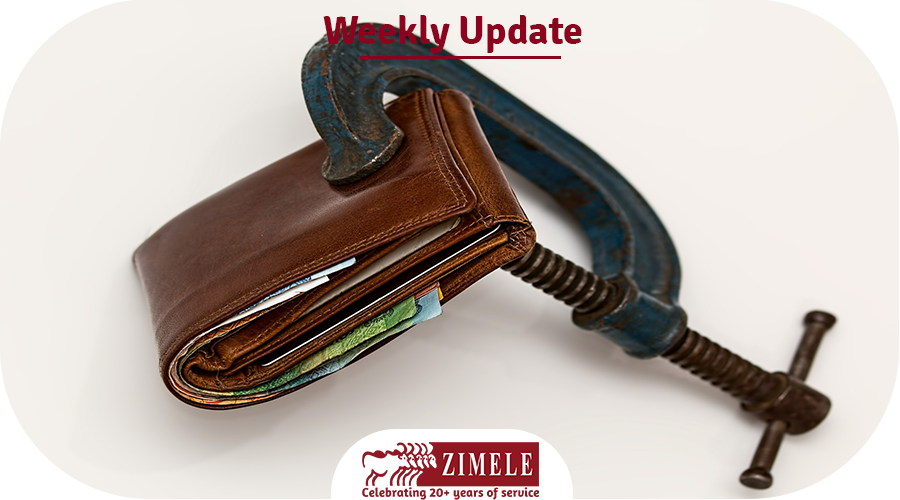Quote of the Week: “That man is richest whose pleasures are cheapest.” ~ Henry David Thoreau.
End month is almost here again. How time flies, and money too. Every time you get some money, it doesn’t seem to stick around for long. Barely a few days after you received money you need a soft loan. Where does it go?
You tell yourself this will be the month that you will get into the habit of financial discipline, but that never materializes. Not because of lack of effort, because heavens know you tried this time. The money just won’t stay in the wallet.
The words ‘financial’ and ‘discipline’ never seem to belong together but the truth is, they should be, if we are to stay on track with our financial goals. It is a process of maintaining balance between how much we have and how we spend it.
Have you ever made a purchase and later on regretted it? Does this happen to you often? That’s the problem. Unplanned spending to purchase things that you may or may not need, commonly known as impulse buying, is the reason why money always seems to “disappear”.
Identify What Makes You Spend Impulsively
Spending when you are in a good mood is easy. At the clothing store, everything you try on looks great, they have got your size and since the red one suits you so well, you may as well grab a blue and black one at the same time. We often make “good mood” purchases in a subconscious effort to make our good mood last longer, (a mood which fades quickly when you realize you have just spent the grocery money). When you have had a rough day and are feeling down, you will try almost anything to improve your mood and make yourself feel better. While your mood may improve temporarily, eventually when you are short for the rent, the good mood that you tried so much to achieve will feel like a distant memory.
When you try to justify an impulse purchase, always remember money is always harder to earn than it is to spend. Plan for purchases within your budget before you indulge so that you have the funds in your account. This will allow you to maintain greater control over your money and not the other way around.
Remember Debt
Impulse spending can lead you to debt, in some cases, a significant and unmanageable amount of debt, especially now that accessing soft loans is easier than ever.
When you take up a loan to spend, you are basically spending tomorrow’s income today. Do you know what that means? You will have less money to spend tomorrow and you will need to take up a loan to cover the expenses, and the cycle continues. This cycle is even worse if you don’t put a hold on your impulse buying.
When your debts start to get out of hand, so does your sense of control over your money. The feeling of losing control over your money is frustrating, discouraging and extremely stressful.
Minimize Impulse spending
You might wonder how to minimize impulse buying all the time or periodically throughout your life. One of the best ways to avoid impulse spending is making a budget, then a shopping list and sticking to it. Easier said than done, we know. But it can be done. Here’s how.
Once you make a budget and allocate, say, Ksh. 5,000 for shopping, establish what you will spend that Ksh.5,000 on. Make a shopping list and visit the supermarket with Ksh.5,000 cash. Don’t carry your wallet, credit card, debit card or even the M-pesa line. That way, you will not buy that item on offer that you totally don’t need. You can’t impulse buy when there is no means to pay for it.
But that will only stop you from impulse spending at the supermarket. What about other places? Well, for long term results, stick with your budget. When you get money, save first, then pay the critical bills like rent and electricity, shop for the basics that you need, set aside money for day to day shopping and expenses like mboga and transport, and then spend the remainder on whatever you want.
Conclusion
To avoid impulse spending, you have to be disciplined. There is no shortcut. But you cannot project all your financial needs accurately all the time. You will need to spend money on something you hadn’t planned every once in a while, which is still fine. Just make sure you have savings to cover for emergencies when they arise. That way you will have “prepared” for these impulse expenses.

